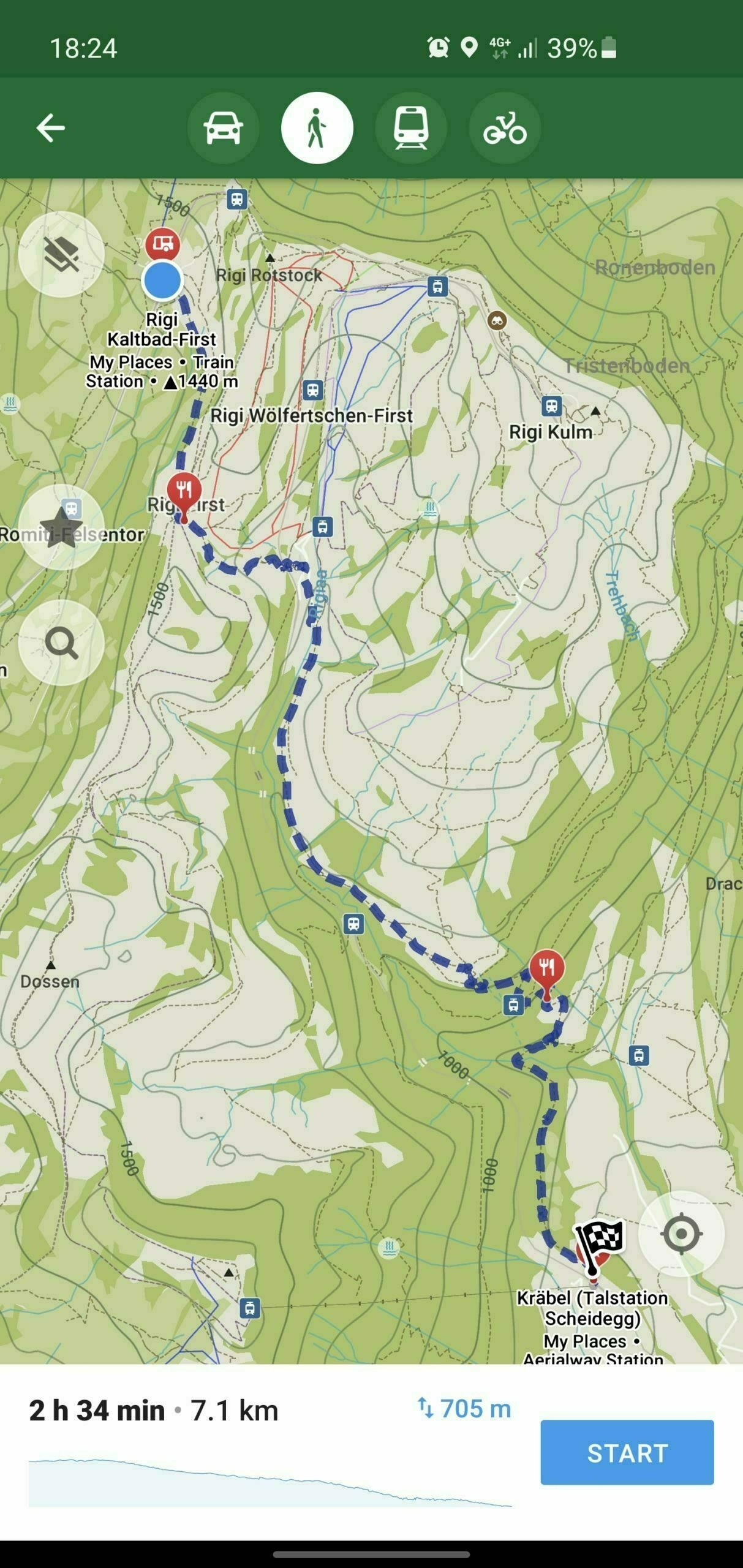- Soon, satellites will be able to watch you everywhere all the time (MIT Technology Review) — "Some of the most radical developments in Earth observation involve not traditional photography but rather radar sensing and hyperspectral images, which capture electromagnetic wavelengths outside the visible spectrum. Clouds can hide the ground in visible light, but satellites can penetrate them using synthetic aperture radar, which emits a signal that bounces off the sensed object and back to the satellite. It can determine the height of an object down to a millimeter."
- The lesson from the ruins of Notre Dame: don’t rely on billionaires (The Guardian) — "They have banked the publicity, while dreaming up small print that didn’t exist in the spring. As another charity executive, Célia Vérot, said: “It’s a voluntary donation, so the companies are waiting for the government’s vision to see what precisely they want to fund.” It’s as if the vast project of rebuilding a 12th-century masterpiece was a breakfast buffet from which one could pick and choose."
- Does It Stick? (Hapgood) — "But you see something that I often have trouble explaining to others — with the right habits you find students start sounding like entirely different people. They start being, in some ways, very different people. Less reactive, more reflective, more curious. If the habits stick, rather than decay, that effect can cumulative, because the students have done that most powerful of things — they have learned how to learn. And the impact of that can change a person’s life."
- The Last Days of John Allen Chau (Outside) — "In the fall of 2018, the 26-year-old American missionary traveled to a remote speck of sand and jungle in the Indian Ocean, attempting to convert one of the planet's last uncontacted tribes to Christianity. The islanders killed him, and Chau was pilloried around the world as a deluded Christian supremacist who deserved to die. Alex Perry pieces together the life and death of a young adventurer driven to extremes by unshakable faith."
- Human magnetism (Aeon) — "Even Charles Darwin added his two cents on these topics, claiming that ‘some part of the brain is specialised for the function of direction’. If such a mechanism did exist in our ancestors, could it have been muted – phased out with the advancement of consciousness and communication, the onset of civilisation, the invention of artificial means such as the compass and, ultimately, technologies such as GPS?"
- How can we help the hikikomori to leave their rooms? (Aeon) — "If these anxieties are keeping people inside their homes, what’s prompting them to retreat there in the first place? One answer could be school phobia. The survey revealed that hikikomori are more likely to have dropped out of education. The transition from high school to college appeared especially harsh."
- 3-day weekends could make people happier and more productive (Business Insider) — "There might not be an immediate change in productivity with the introduction of a four-day workweek, but with less time to kill at work, employees may procrastinate less (though there would always be those who try to take advantage)."
- Does the Mystery of Stonehenge Involve Pig Fat? (Atlas Obscura) — "New research says the megaliths may have been dragged to the site with the help of lard."
- In praise of the things that cost nothing (The Guardian) — "There is plenty to enjoy that is free in a world where it seems everything has a cost."
∞
Organic Maps
I really like Google Maps, but I don’t like how much data it hoovers up. I also don’t like how focused it is on urban areas, so this looks good…
Organic Maps is an Android & iOS offline maps app for travelers, tourists, hikers, and cyclists based on top of crowd-sourced OpenStreetMap data and curated with love by MAPS.ME founders.Source: Organic Maps
∞
Friday fidgetings
These things popped into my consciousness this week:
Image via Poorly Drawn Lines
